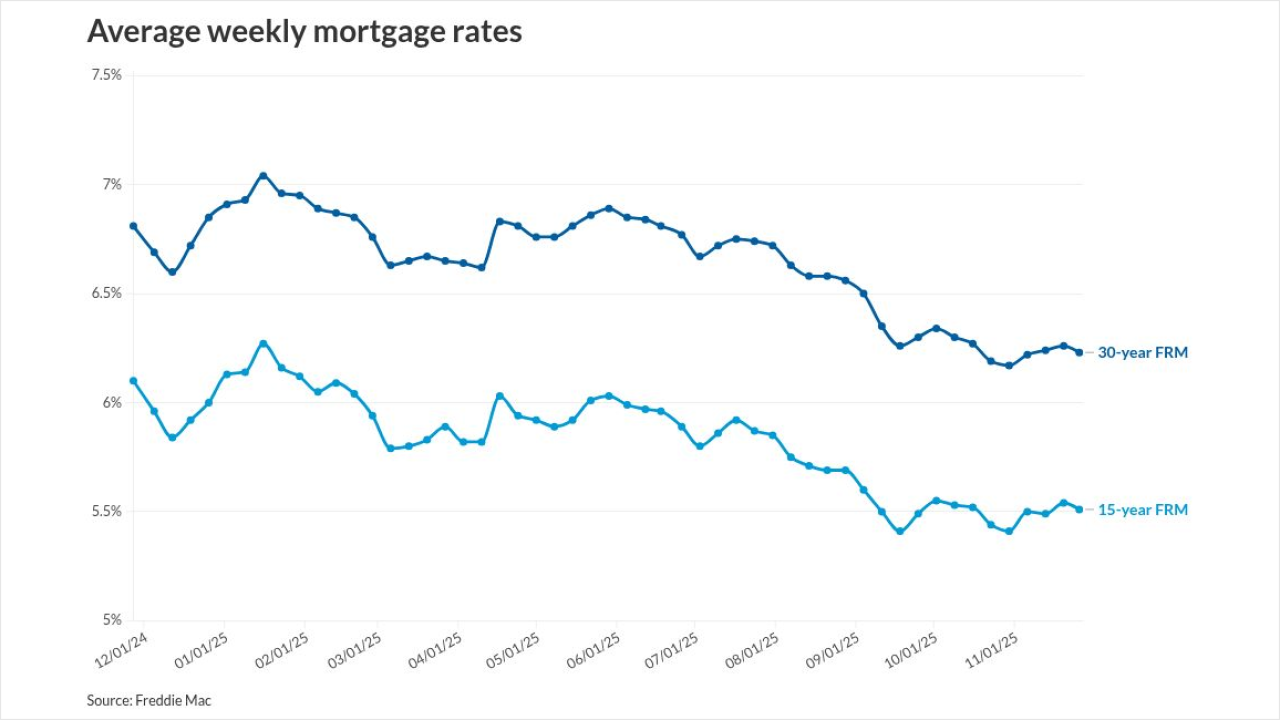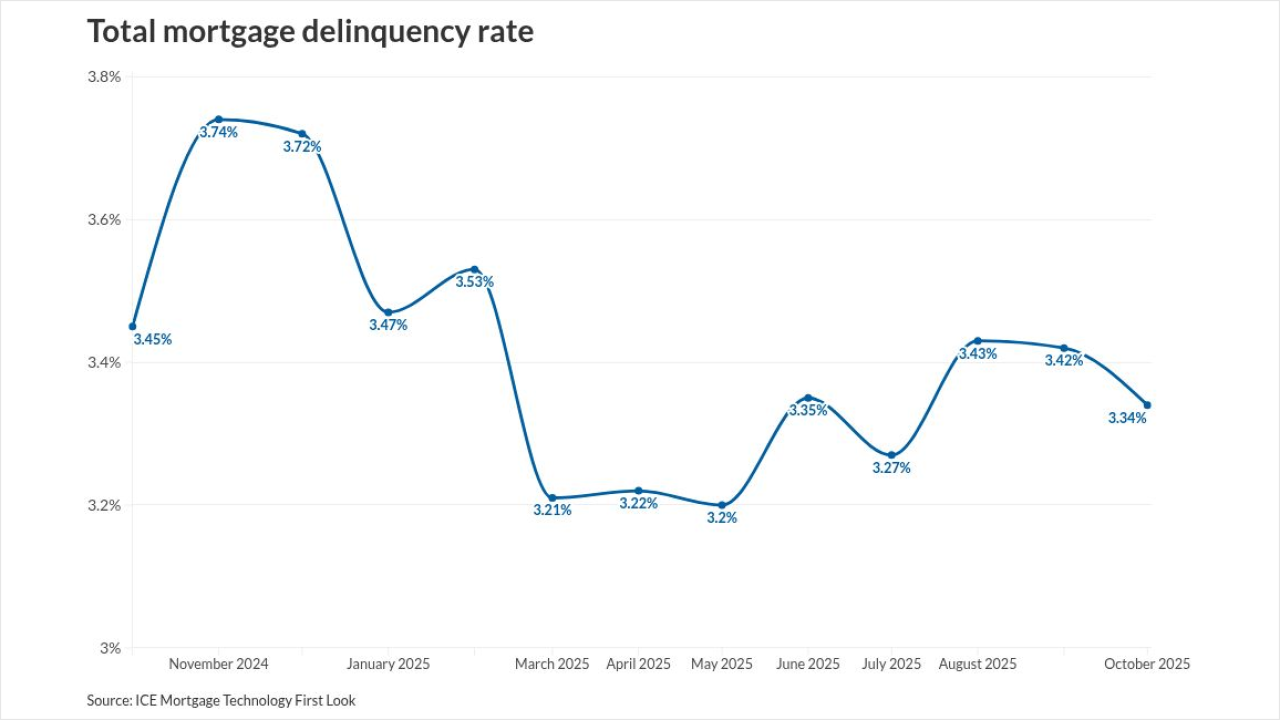This past summer, market participants say the subprime auto loan ABS market came through the early stages of the coronavirus pandemic with much better outcomes than first feared.
Buoyed by government assistance and widespread forbearance programs, borrowers that might have defaulted on loans after being thrown out of work made a strong showing in staying current. And with the Federal Reserve granting a liquidity backstop with TALF, auto-loan ABS issuers had the confidence to maintain new-deal volume and top $100 billion for the fourth year in a row.
Subprime auto ABS issuance is almost $29 billion year-to-date - a "particularly strong" showing that is only 3% short of last year's volume, according to a Deutsche Bank market analysis this week.
However, a new survey of lenders, investors, servicers and trustees indicates growing concerns that subprime auto ABS is resting on an unstable foundation.
The quarterly industry report Credit Chronometer, authored by New York-based Davis & Gilbert partner Joseph Cioffi, found in a recent survey that a large number of participants are increasingly pessimistic about the near-term outlook for subprime auto lending and ABS performance.
The worries extend to increasing risk of investor losses, as well as subordinate ABS note downgrades that have been extremely rare in post-crisis portfolios of non-prime vehicle loans.
Most of the caution is from worries of what happens if government assistance for jobless programs dries up, should the passage of a new round of stimulus measures fails to get through Congress.
From the survey, a large majority of subprime auto loan originators (81%), along with ABS servicers (85%) and investors (83%) believe it is very or somewhat likely that subprime auto loan performance will deteriorate soon.
“Pessimism regarding credit ratings is up significantly versus 2019, especially among servicers and investors, driven mainly by concern regarding delinquencies and management changes.”

Most poll participants see stable ratings for senior-note classes, “but subordinated tranches are at risk of downgrades,” the respondents warned. Only 66% of investors, for example, believe that credit enhancements in ABS deals “will prove sufficient” to stop losses.
Prior to the onset of the COVID-19 pandemic, most market participants had their greatest concerns about record unemployment levels affecting borrowers’ ability to repay. “Six months into the crisis, underwriting standards, overextension of credit and interest rates are now additional significant concerns,” the report stated.
In the early stages of the pandemic, 90% of servicers and 77% of originators expected they would be granting more credit extensions over the following 12-24 months, according to the survey. Six months into COVID, only 65% of servicers now expect higher levels of relief will be granted; in contrast, more originators (89%) now believe more extensions will be on the way in the coming two years.
The pandemic has given birth to doubts from some respondents to continue participating in securitizations, including the idea that “investors expect to incur losses related to consumer relief programs,” according to Cioffi's report.
“Participants’ ambivalence and lack of confidence in the market’s direction relative to Pre-Covid surveys is a reflection of conflicting signs in the market, especially with respect to performance of extended loans.”
Glen Fest









